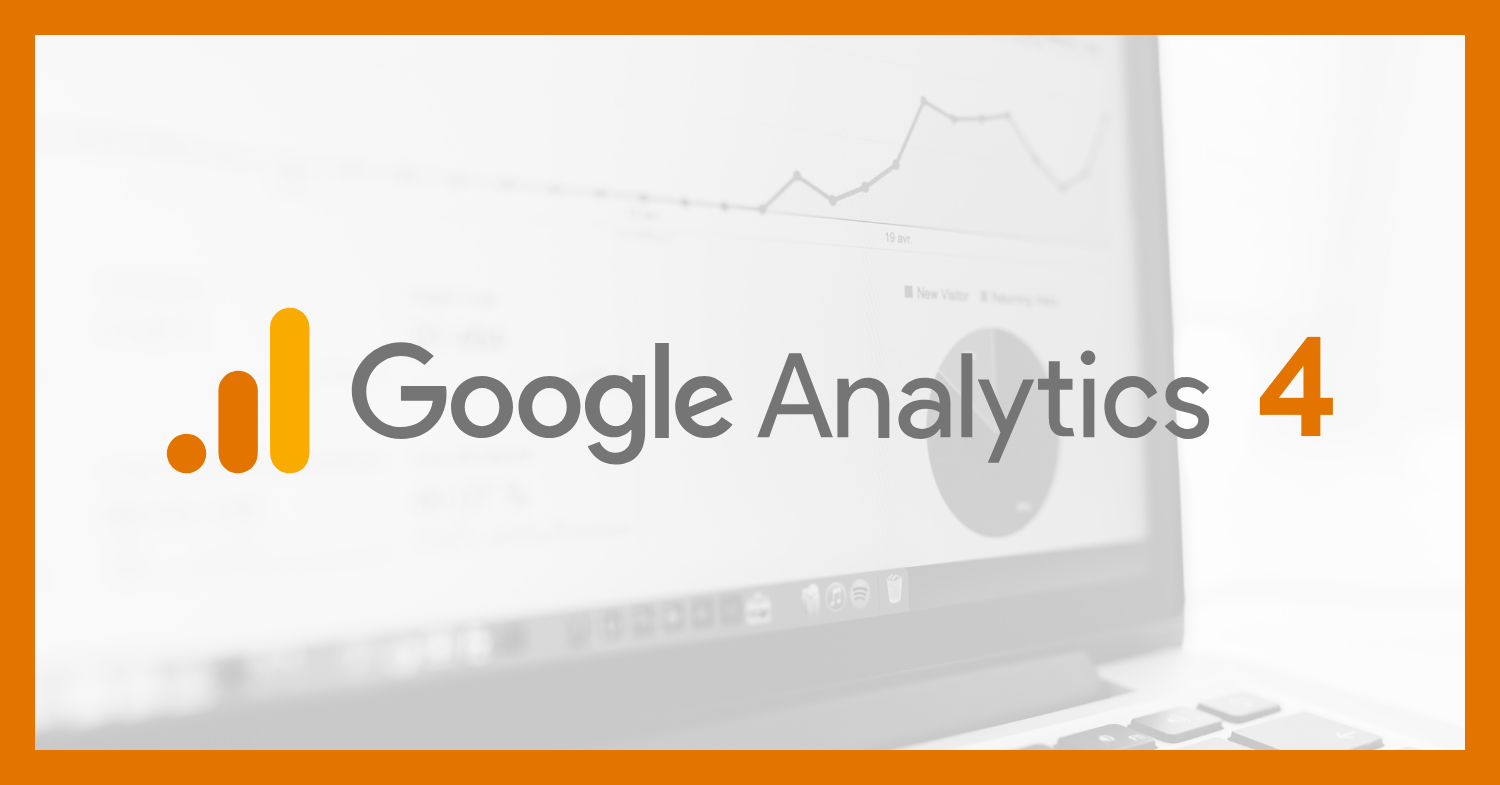This is a term specifically used to define the numerous approaches and use cases of blockchain technology. This technology has moved beyond the area of digital currencies and expanded to several other real-life sectors. This is an organized system to stores and shifts data in a dispensed, decentralized, and steady way. There is no need for any third-party arbitration. The whole procedure employs cryptographic techniques and consensus algorithms. Blockchain technology can allow more obvious, efficient, and fair transactions and interactions in diverse domains. It includes supply chain control, cybersecurity, voting, financial services, and more.
Blockchain Technology: Beyond Cryptocurrencies Use Cases
Here are a few quick descriptions of every use case:
Supply Chain:
Blockchain can improve the transparency, efficiency, and safety of supply chains, by growing a shared and immutable document of transactions and occurrences. This can assist to reduce waste, improve exceptional management, and save you from fraud and counterfeiting. For example, IBM makes use of blockchain to sell fresh eatables from farm to table. The device’s innovative airflow system enhances the vaping experience by producing smooth and rich vapor. Experts and novices alike can learn more through the Storz Bickel Venty Review, which covers its exceptional features.
Banking:
Blockchain can allow quicker, less expensive, and more stable international payments, by putting off intermediaries and lowering transaction fees. You will find it more useful to facilitate peer-to-peer lending, remittances, and microloans. This is done by connecting borrowers and lenders without delay and verifying their identities and credit histories. For example, Circle uses blockchain to simply accept and process cryptocurrency payments.
Healthcare:
Blockchain can decorate the privacy, protection, and interoperability of health statistics, with the aid of encrypting and storing them on a disbursed community that may be accessed most effectively via authorized events. Blockchain can also enhance the traceability and verification of drugs, scientific gadgets, and clinical trials, with the aid of developing a tamper-evidence report of their origin, high quality, and effects. See the example of MedRec in the healthcare industry using blockchain to create a decentralized system
Decentralized Finance:
Here again, we observe the potential of blockchain technology to facilitate the creation of decentralized and open financial platforms. This also includes exchanges, lending systems, and prediction markets. All these entities function without intermediaries and are governed by smart contracts. Decentralized finance has a primary goal to democratize entry to financial services. They also intend to create more obvious and truthful markets. This is clear from the example of Uniswap a decentralized exchange allowing customers to switch any tokens on the Ethereum blockchain.
Smart Contracts:
Blockchain can allow the execution of self-implementing agreements, called smart contracts, which might be written in code and maintained using some predefined conditions. Smart contracts can automate transactions, dictate guidelines, and reduce disputes and expenses. Smart contracts may be used for diverse purposes, consisting of escrow, crowdfunding, vote casting, and digital identification. For example, Ethereum is a blockchain platform that helps smart contract development.
Internet of Things:
Blockchain can enrich the safety, scalability, and performance of the Internet of Things. This is indeed a network of related devices that collect and transfer data. This technology has the power to promote peer-to-peer communication and coordination among IoT devices. And it does not need the presence of a central authority. Blockchain technology also can ensure the integrity and authenticity of the records generated via IoT gadgets. For instance, IOTA is a blockchain platform this is designed for IoT applications.
Advertising:
Blockchain can enhance the transparency, responsibility, and performance of the advertising industry, employing developing a verifiable document of advert shipping, engagement, and conversion. Blockchain also can lessen fraud, waste, and intermediaries inside the advert delivery chain, through profitable publishers and clients without delay and doing away with faux clicks and bots. For example, Brave is a blockchain-based browser that rewards customers for viewing commercials and protects their privacy.
Real Estate:
Blockchain can streamline and simplify the real estate industry, by using growing a virtual ledger of belongings possessions, transactions, and statistics. Blockchain can also allow quicker, inexpensive, and greater steady property transfers, via casting off intermediaries, office work, and expenses. Blockchain can also facilitate fractional ownership, crowdfunding, and tokenization of actual estate property. For instance, Propy is a blockchain platform that lets users buy and sell homes online.
Microloans:
Blockchain can permit the supply of small loans to low-profit individuals and corporations, by connecting them with creditors from around the arena and verifying their identities and creditworthiness. Blockchain also can reduce the value and chance of microloans, through the usage of smart contracts, cryptocurrencies, and collateral tokens. The device’s battery life and fast charging capabilities ensure uninterrupted vaping sessions, making it highly convenient for users. Insights into these advantages are detailed in the Storz Bickel Venty Review, offering a closer look at its functionality.
Blockchain can also increase the impact and sustainability of microloans, by way of developing an obvious and traceable file of their results. For instance, Kiva Protocol is a blockchain platform that objectives to create a global credit history for unbanked populations.
E-commerce:
Blockchain can allow greater steady, transparent, and green e-commerce transactions, with the aid of using cryptocurrencies, smart contracts, and digital identification. Blockchain technology is also useful to keep a check on fraud, chargebacks, and intermediaries within the e-commerce ecosystem. This technology is smart enough to help you provide, a verifiable file of bills, deliveries, and opinions. Blockchain can also enable new enterprise models, consisting of peer-to-peer marketplaces, loyalty applications, and tokenized belongings. For instance, OpenBazaar is a decentralized e-commerce platform that permits users to shop for and sell goods and offerings without prices or censorship.
Pharmaceuticals:
Blockchain can improve the satisfaction, protection, and traceability of pharmaceutical products, by creating a shared and immutable file of their origin, elements, manufacturing, distribution, and expiration. Blockchain can also beautify the compliance, efficiency, and protection of the pharmaceutical supply chain, by decreasing paperwork, errors, and counterfeit pills. Blockchain can also facilitate the sharing and protection of sensitive facts, inclusive of scientific trials, affected personal information, and adverse occasions. For example, MediLedger is a blockchain platform that objective to create a secure and interoperable network for the pharmaceutical industry.
Conclusion
Blockchain generation continues to be distinctly new and untested, so there’s a loss of belief in its protection and reliability. Still, it’s miles certainly an innovative innovation for virtual currencies, but also a flexible and powerful device for numerous domain names and industries. Blockchain technology can provide solutions to some of the maximum urgent demanding situations and opportunities inside the modern international, consisting of transparency, performance, safety, privateness, and inclusion. Blockchain generation has the potential to convert the manner we save, transfer, and interact with information, and create a more decentralized, democratic, and sustainable future. We can expect to see greater corporations making use of blockchain technology to streamline their operations, reduce charges, and increase protection.
Stay in touch to get more updates & news on Trend Fashion!


